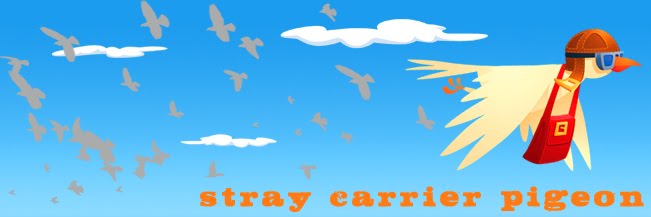And I am so excited.
Last night, we talked about helping ELL learn how to ask get-to-know-you questions of others. The questions should be interesting ("What's the last CD your bought?" rather than "Do you like music?") but not too personal (not "Do you listen to music in the shower?"). The ultimate goal of these questions is not simply the answer, but to get to know someone, and to have an interesting exchange where the other person will want to keep talking with you.
So, in a sense, the specific words exchanged in the conversation aren't the point. Rather, the goal is to get to know someone and keep a relationship going.
So dialogue isn't really about dialogue. Sounds like advice often given to fiction writers.
We also talked about paralanguage, which is the small, filler, sounds and words uttered in a conversation. Like "uh" and "hm," and "aha," and "ew."
With a partner, we had to create a dialogue using paralanguage. Here is the offering from me and my partner:
AM-PM Customer: Hmmm, do you have any, uh-uh, hot dogs?
Cashier: Um, yes. But, ew, do you really want a hot dog?
AM-PM Customer: Uh-huh. I've been craving an AM-PM hot dog all week.
Cashier: Whoa! Then you better get one...oops! (cashier drops it)
AM-PM Customer: Uh-oh, you dropped my hot dog. Ew!
Cashier: Mmmm..how about if I wash it off?
(Blogger and partner taking a bow here)
During this exercise, I couldn't help thinking it would be more realistic if we established a unique speech pattern for each character, as well as have them repeat one or two pieces of paralanguage to further define them as a realistic character. Perhaps I'll try it if I ever do a re-write.


2 comments:
I really liked some of the things you mentioned, like the paralanguage. I have heard of this in different languages but I didn't know it was called paralanguage in English.
I also liked your comment about the point of the exchange. Not just the words, but to find out more about the person (the relationship).
Have you done any work on reductions in English? (sound reductions, like 'whatcha')
No, I haven't studied sound reductions. Linguistics is all new to me, and also all fascinating. I'm going to see what I can find about reductions. I appreciate the tip!
Post a Comment